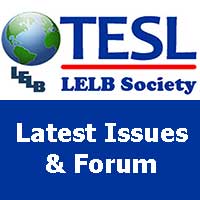Empiricism and Experiential Learning | TESL Issues
Empiricism Empiricism Locke, Berkeley and Hume were the founders of empiricism in the 17th century. Knowledge is derived from experience of the outside world. Information is copied by sensations and images, remembered, associated with other stored information. Complex ideas result from associating simple ideas. Infant is born as a ‘tabula rasa’, i.e. a blank or…


